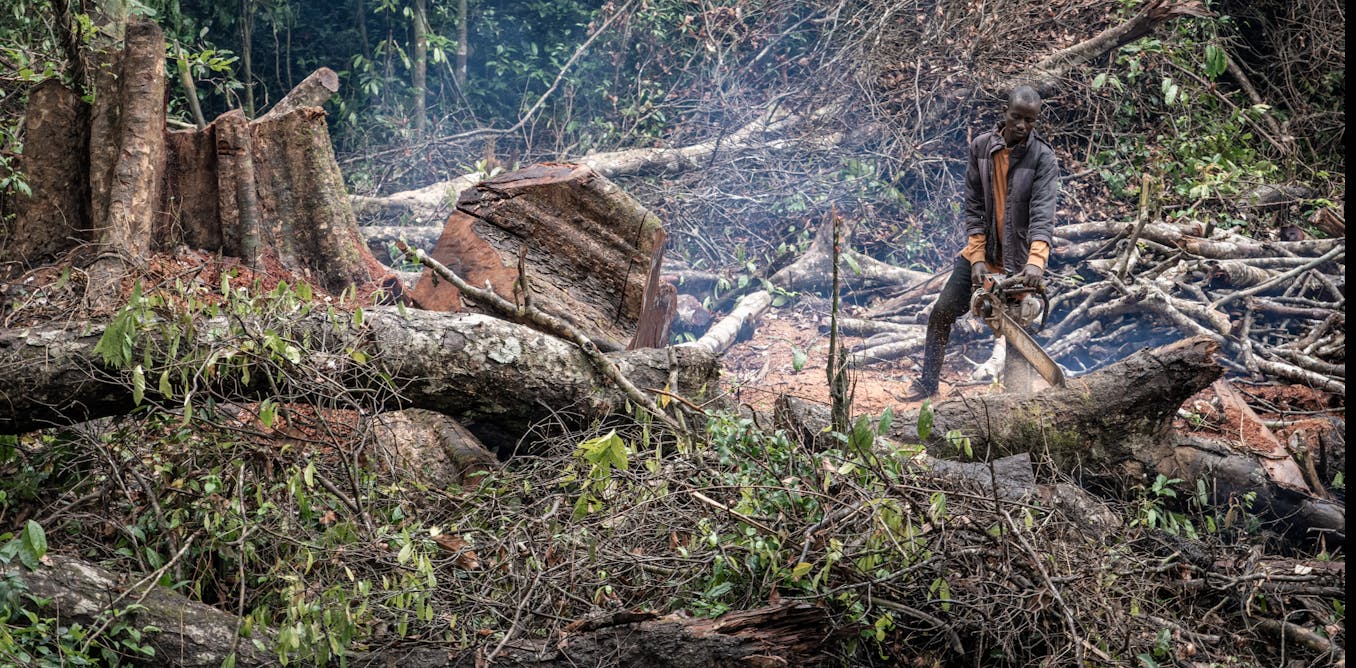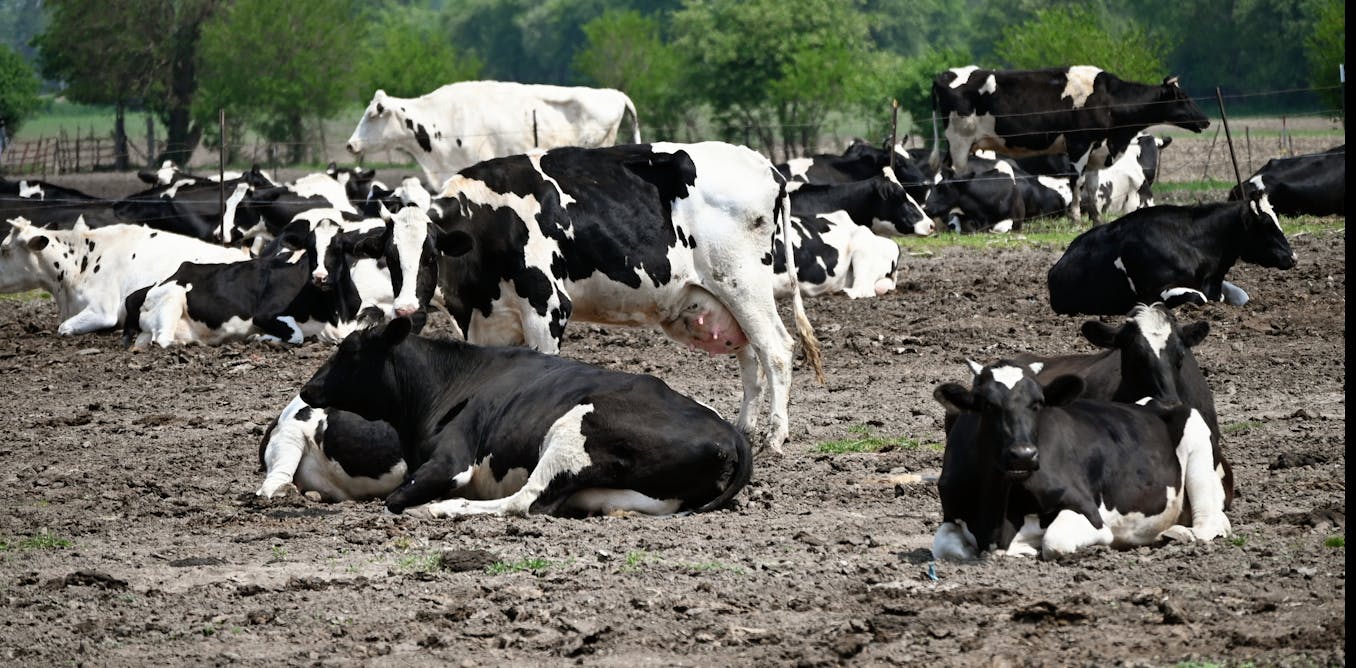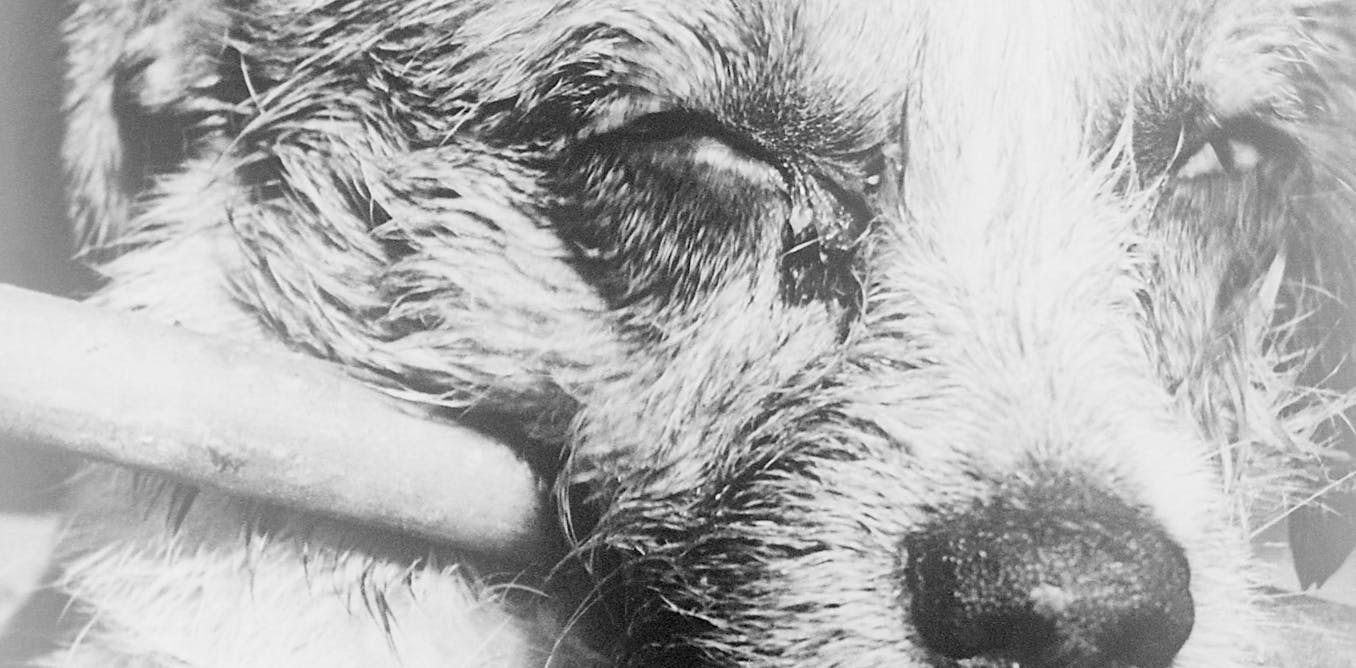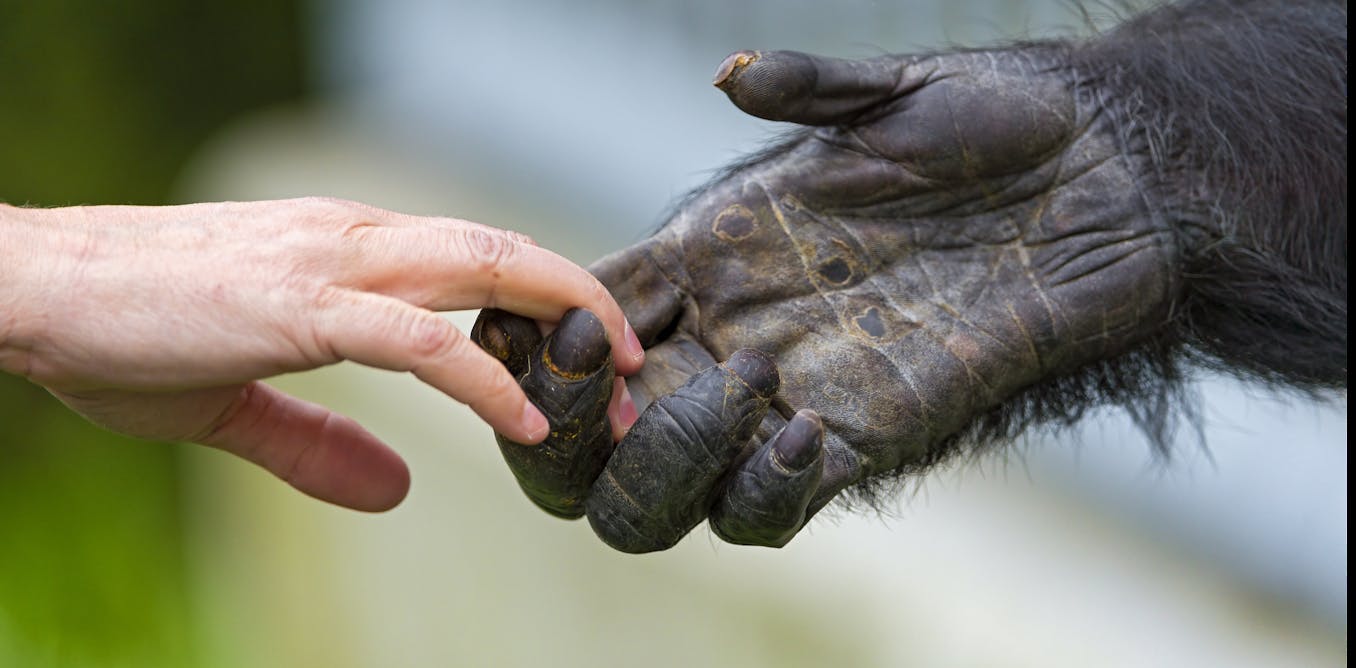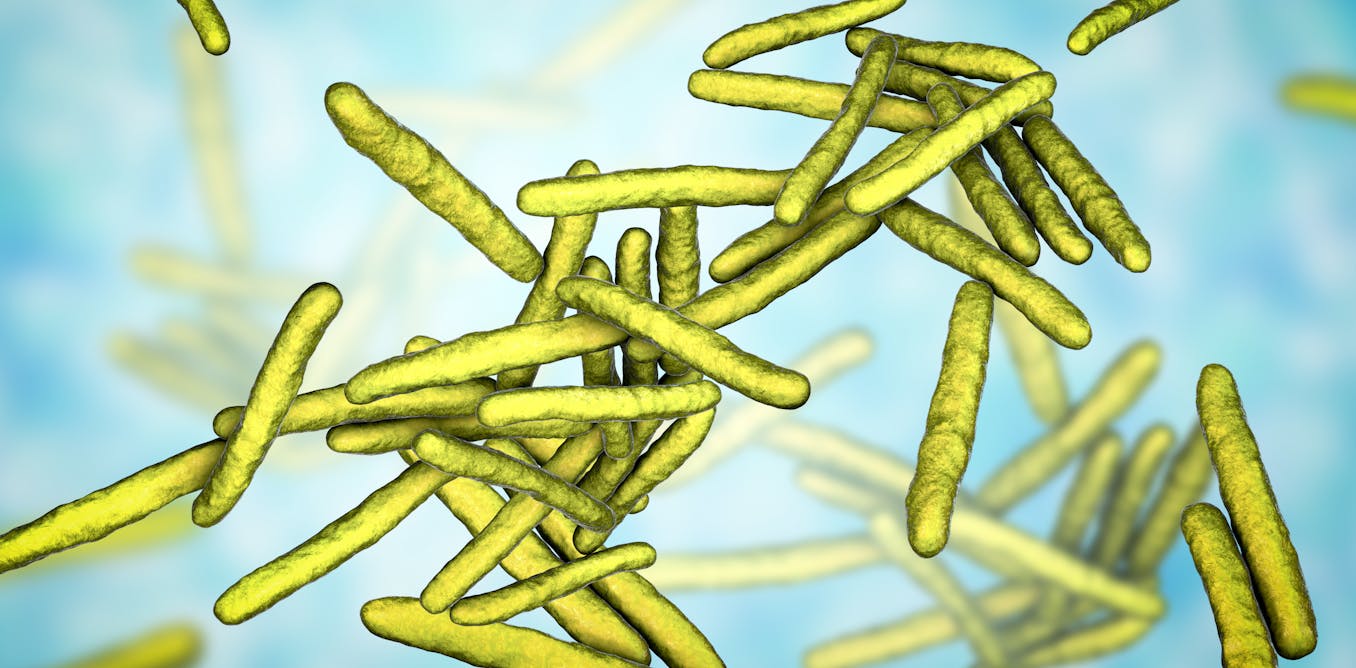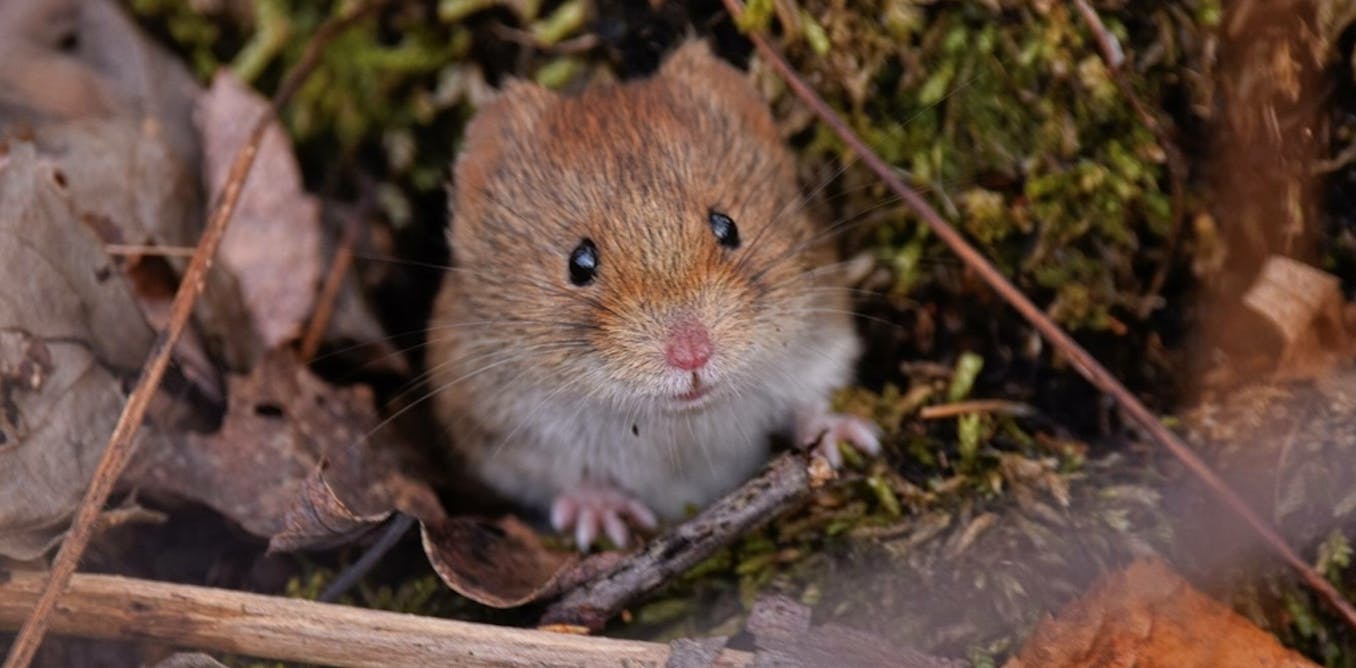Bird flu could be on the cusp of transmitting between humans − but there are ways to slow down viral evolution
At the viral chatter stage of an outbreak, pathogens are just starting to infect people in sporadic bursts. It’s a sign that a pandemic may be on the horizon.
March 31, 2025 • ~9 min


